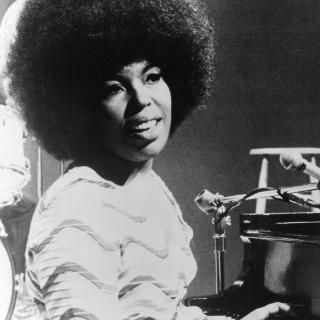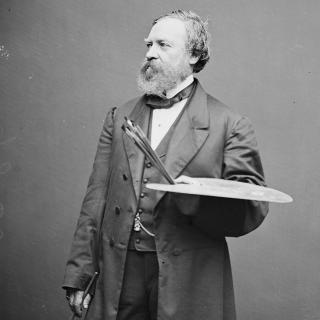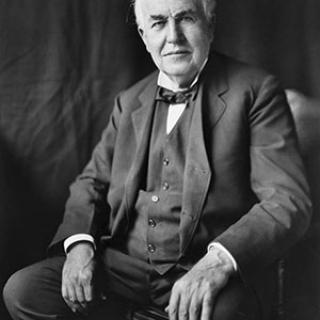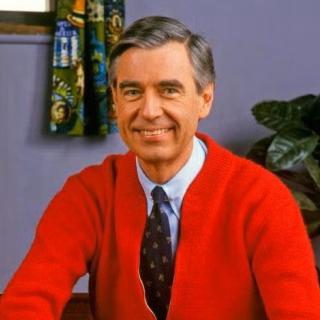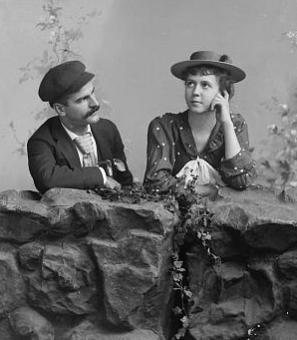How the DC Improv Helped Stand-Up Grow Up
In 1992, D.C. was rife with three “C’s”: Clinton, crack, and comedians. The first found a home in the White House, the second began to disappear from the streets, but the third—eager to make it as Stand-Ups—were left to wander in a city that offered them limited opportunities to perform. The opening of a new comedy club that July, the DC Improv, could not have come at a better time.
By the late 1980s, America was in the midst of an unprecedented boom in Stand-Up comedy. Over 300 clubs opened between 1978-1988 as thousands of young comics from Eddie Murphy to Rosie O’Donnell got behind the mic for the first time.[1] This wealth of comedians continued to emerge across the U.S. in the early ‘90s, and D.C. was no exception.
Washington had caught the comedy bug, though perhaps not as strong as some had wished. In 1992, Budd Friedman, founder of the original Improv in New York, saw Washington as “a sophisticated city that’s been badly served by part-time comedy clubs."[2] While there were a few spots in D.C. for comedy prior to ’92, most notably Garvin’s and the Comedy Café,[3] the seedy nature of these venues made it difficult for stand-up to attract a wide audience appeal. Emmy-winning writer Steve Melcher, who began his career in the early ‘90s as a D.C. stand-up comic, remembered,
“At the time Garvin’s was in a part of town where prostitutes walked the streets, and to get to the Comedy Café you had to walk up the stairs past the strip club on the first floor.”[4]
Despite their mediocre quality, these D.C. clubs were still littered with top-notch comedians like up-and-comers Patton Oswalt and Dave Chappelle (who at that point was still a high schooler at Duke Ellington School of the Arts). The practice of good comedians performing at scuzzy venues was popular in the ‘70s, since comedy clubs served as edgy, anti-establishment sources of entertainment. However, by the early ‘90s, stand-up comedy had matured and now wore a much more professional face.[5][2] Comedian and psychologist Mark Anderson understood Washington’s need for a premier stand-up club and, thus, the DC Improv was born.
Anderson decided to build The Improv in an old restaurant-cum-disco on Connecticut Avenue, near DuPont Circle. He wanted it to be more high-end than other D.C. clubs, and many thought the midtown location would help achieve this goal.[6] An original club owner, Pam Felix (who went on to found California Tortilla), remembered, “Mark Anderson wanted to open a place of his own where the comics felt appreciated.” He was dedicated to offering the best possible experience to both the comedians and the audience. Current Improv owner Allyson Jaffe refers to the club as a “Mark Anderson room.” She explained, “that means we take a lot of pride in how our comedians and customers are treated.”[7]
From the very beginning, Anderson sought to bring in the best talent he could find. For The Improv’s first show, he booked Ellen DeGeneres as the headliner with Brian Regan as the feature act. A few months later, Dave Chappelle performed ten shows and became the youngest person to headline The DC Improv at 19.[7]
While there may have been no venue in D.C. like The Improv at the point of its inception, comedy clubs were far from niche in the early ‘90s. The vast inpouring of comedians during the 1980s comedy boom correlated with a spike in comedy clubs. But just because there were more comedians, it didn’t mean they were all good comedians. Still, stand-up clubs had to offer talent every night, so the quality of performance took a serious hit. By the early ‘90s the comedy boom was over; the stand-up bubble had burst.[8]
However, not only did the DC Improv survive, it thrived.
As D.C. inched closer to the new millennium, Garvin’s and the Comedy Café began to fizzle out as The Improv became the go-to comedy club in Washington. It hosted everyone from newcomers like Mike Birbiglia, who worked there in college as a doorman and emcee, to stand-up legends like Robin Williams.[9] In 2003, Jaffe opened a comedy school program at the club, offering improv comedy and stand-up classes to anyone in the area who wanted to learn. She said,
“I wanted people who studied here to feel like they were part of The Improv. I wanted to build a community of comedy lovers.”[7]
The DC Improv has always prided itself on its ability to suit a wide comedic palate, but it has also taken advantage of its unique position in the Nation’s Capital. Co-owner and longtime Improv employee John Johnson remembered when Bob Somerby performed his one man show at the club, and his college roommate, Vice President Al Gore, came to see it. And while he may have lost the nomination that year, in 2008 Mike Huckabee was crowned “D.C.’s Funniest Celebrity” at the annual contest hosted at The Improv.
Now, as The Improv embarks upon its quadricentennial (also known as a 25th anniversary), it is not just another D.C. club but a destination, a goal for local comics. As Jaffe said, “If you get to play The DC Improv, it’s a big deal.” When asked about The Improv’s plans for the next 25 years, Jaffe remarked that she would like to continue growing the business while still celebrating its history. “There is something special about seeing live comedy in an intimate setting with low ceilings. When you’re up close and personal with a performer and a packed house, you’re almost guaranteed to have a good time.”[7]
Footnotes
- ^ Patrick Bromley, "Stand-Up Comedy in the 1980s," ThoughtCo., last modified March 24, 2017, accessed June 28, 2017, https://www.thoughtco.com/stand-up-comedy-in-the-1980s-801533.
- a, b Eve Zibart, "Comedy Tonight," The Washington Post (Washington, DC), February 7, 1992, 7.
- ^ Garvin’s was located Downtown at 13th and L, and Comedy Café was nearby at McPherson Square
- ^ Steve Melcher, interview by the author, Washington, DC, June 23, 2017.
- ^ Patrick Bromley, "History of Stand-Up Comedy in the 1970s," ThoughtCo, last modified March 27, 2017, accessed June 28, 2017, https://www.thoughtco.com/history-of-stand-up-comedy-in-the-1970s-801532.
- ^ Eve Zibart, "Planned Laughs At the Improv," The Washington Post (Washington, DC), October 2, 1997, 13.
- a, b, c, d Allyson Jaffe, Pam Felix, and John Johnson, interview by the author, Washington, DC, June 16, 2017.
- ^ Patrick Bromley, "Stand-up Comedy in the 1990s," ThoughtCo., last modified March 24, 2017, accessed June 28, 2017, https://www.thoughtco.com/stand-up-comedy-in-the-1990s-801534.
- ^ To clarify, Williams never headlined the Improv, but made a surprise appearance one night in 1996


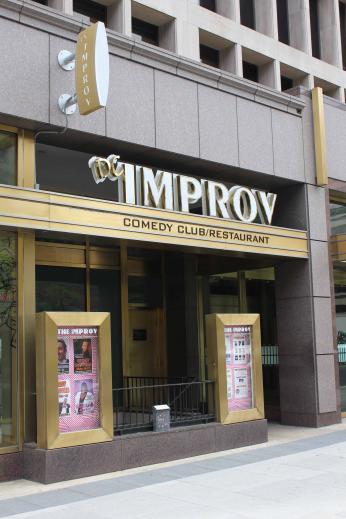
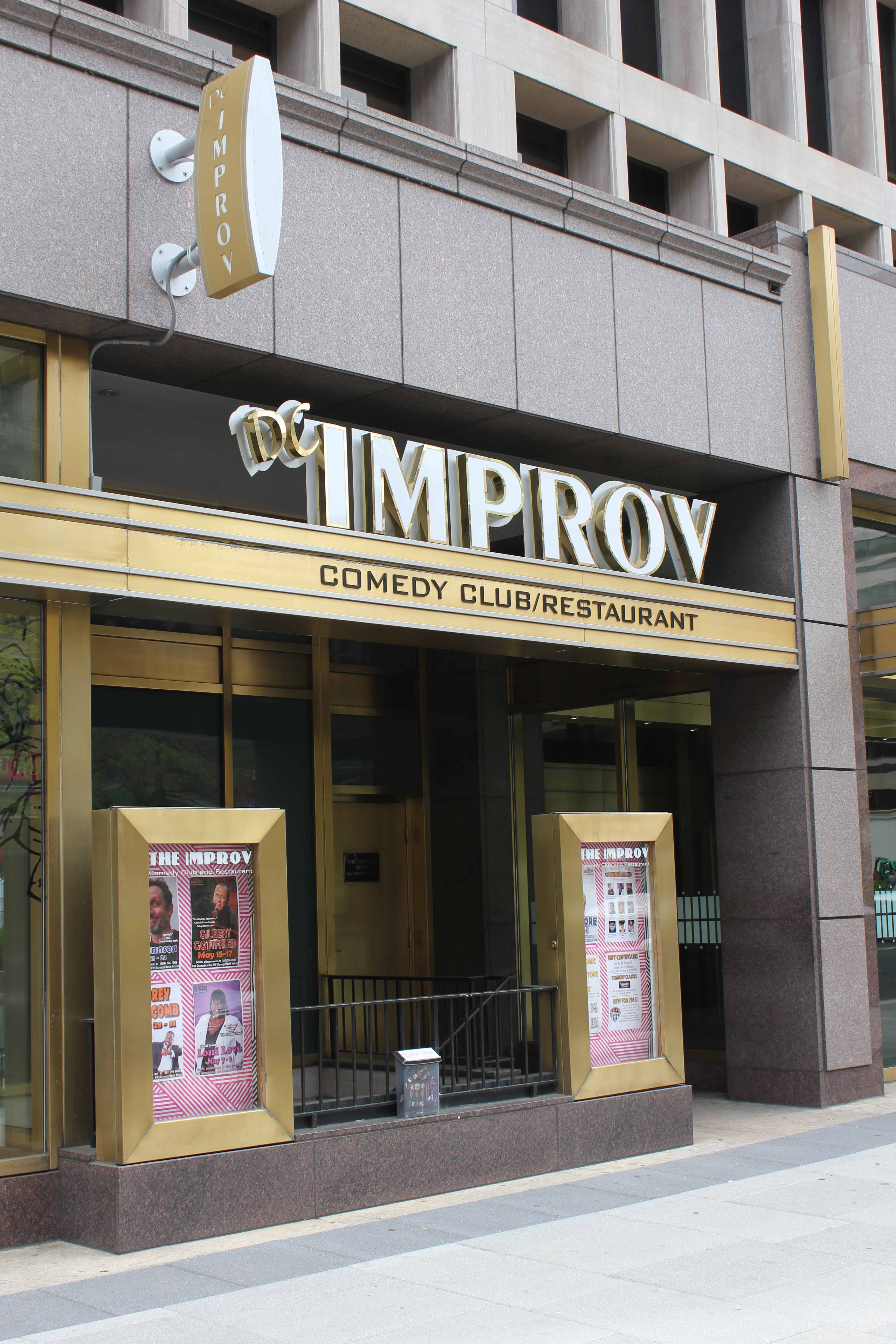
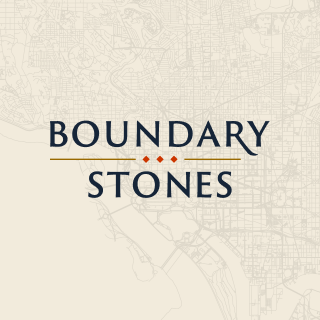
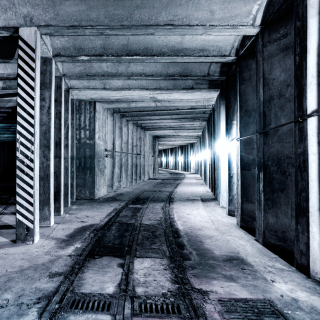
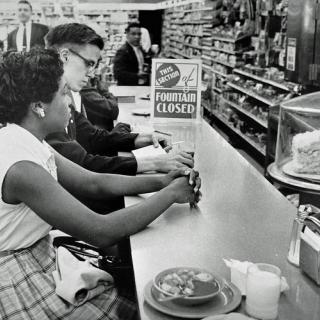
![Sketch of the mythical fuan by Pearson Scott Foresman. [Source: Wikipedia]](/sites/default/files/styles/crop_320x320/public/2023-10/Goatman_Wikipedia_Faun_2_%28PSF%29.png?h=64a074ff&itok=C9Qh-PE1)







